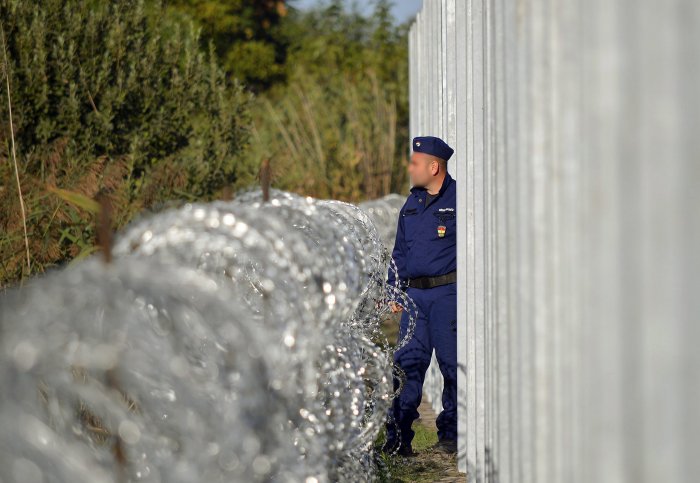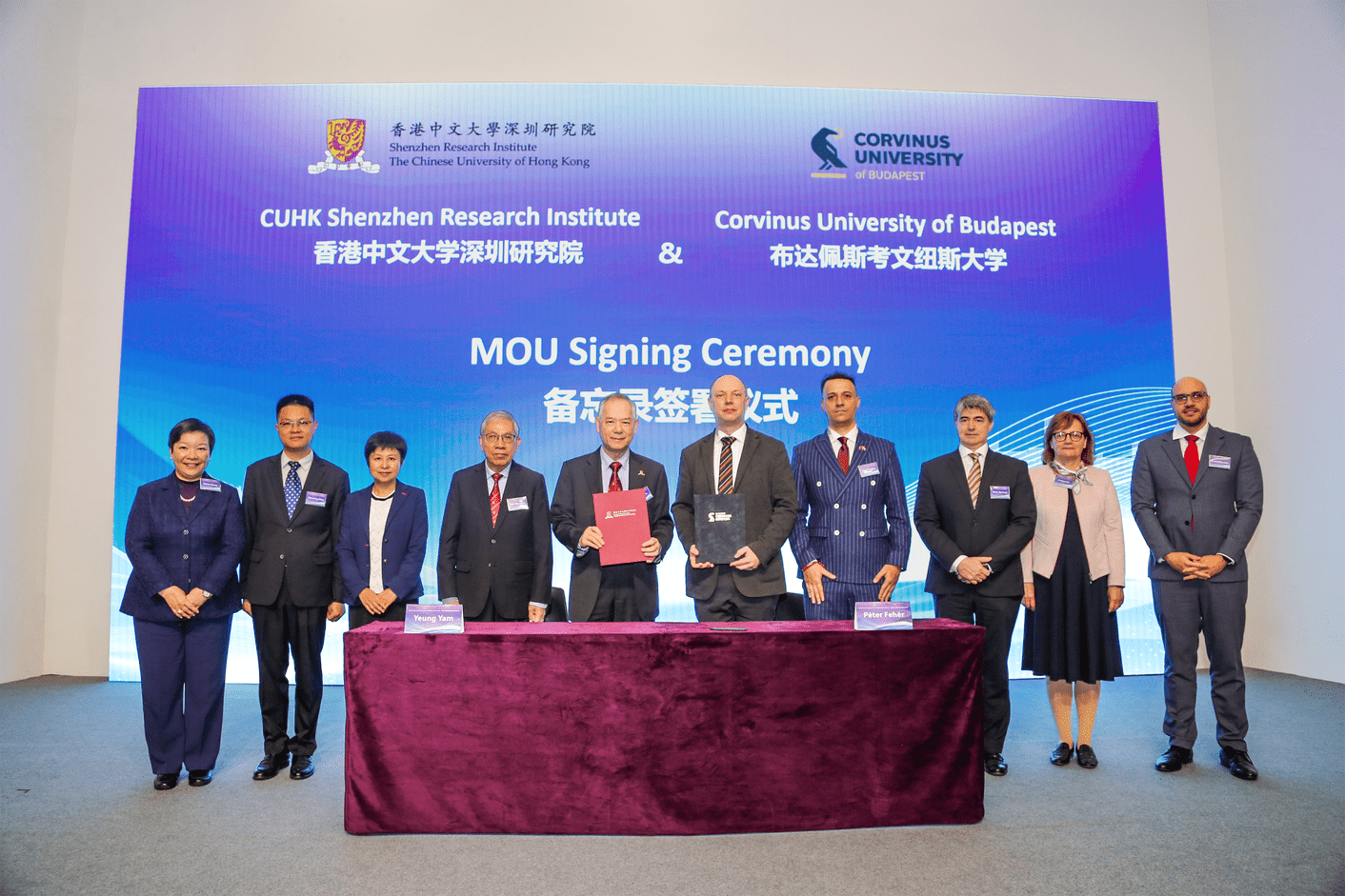Semmelweis Uni Researchers Track Childhood Cancer Survivors

The Semmelweis University research found that childhood cancer survivors tend to do less well in a number of fields than their siblings.
Photo by Pixel-Shot / Shutterstock.com
Research by Semmelweis University concludes that there is a distinct difference in how childhood cancer survivors fare in education, employment, family formation, quality of life and health-risk behavior (each related to every cancer subtype). The findings were recently published in the American Medical Association’s prestigious journal JAMA Pediatrics.
The study found that childhood cancer survivors were highly likely to face socioeconomic challenges in the long term but could still lead a fulfilling life. The research identified that they have a greater chance of being rejected when seeking employment, for example.
The most distinguishable difference between the childhood cancer survivors and the healthy population was their engagement in unhealthy activities such as the consumption of alcohol, tobacco, and marijuana. For understandable reasons, survivors are less likely to partake in these activities.
“Thanks to advancements in the field, today eight out of 10 children will recover from cancer, and the goal is to reduce the number [of deaths] to zero in the next two decades,” says Miklós Garami, a pediatric oncologist at Semmelweis University’s Pediatric Center, one of the authors of the study.
There is a more significant difference in the data from childhood cancer survivors and their siblings than in the healthy population. For example, there was little difference in the chances of childhood cancer survivors graduating high school, but a more significant difference between the survivors and their siblings.
“We found that CCSs perform consequently worse when compared to their siblings than in comparison with population-based controls,” says lead author Márk Hernádfői, a Ph.D. student at Semmelweis University and resident at MRE Bethesda Children’s Hospital in Budapest. “This highlights the strong influence of the family microenvironment on the fulfilment of social potential,” he adds.
SUPPORT THE BUDAPEST BUSINESS JOURNAL
Producing journalism that is worthy of the name is a costly business. For 27 years, the publishers, editors and reporters of the Budapest Business Journal have striven to bring you business news that works, information that you can trust, that is factual, accurate and presented without fear or favor.
Newspaper organizations across the globe have struggled to find a business model that allows them to continue to excel, without compromising their ability to perform. Most recently, some have experimented with the idea of involving their most important stakeholders, their readers.
We would like to offer that same opportunity to our readers. We would like to invite you to help us deliver the quality business journalism you require. Hit our Support the BBJ button and you can choose the how much and how often you send us your contributions.











